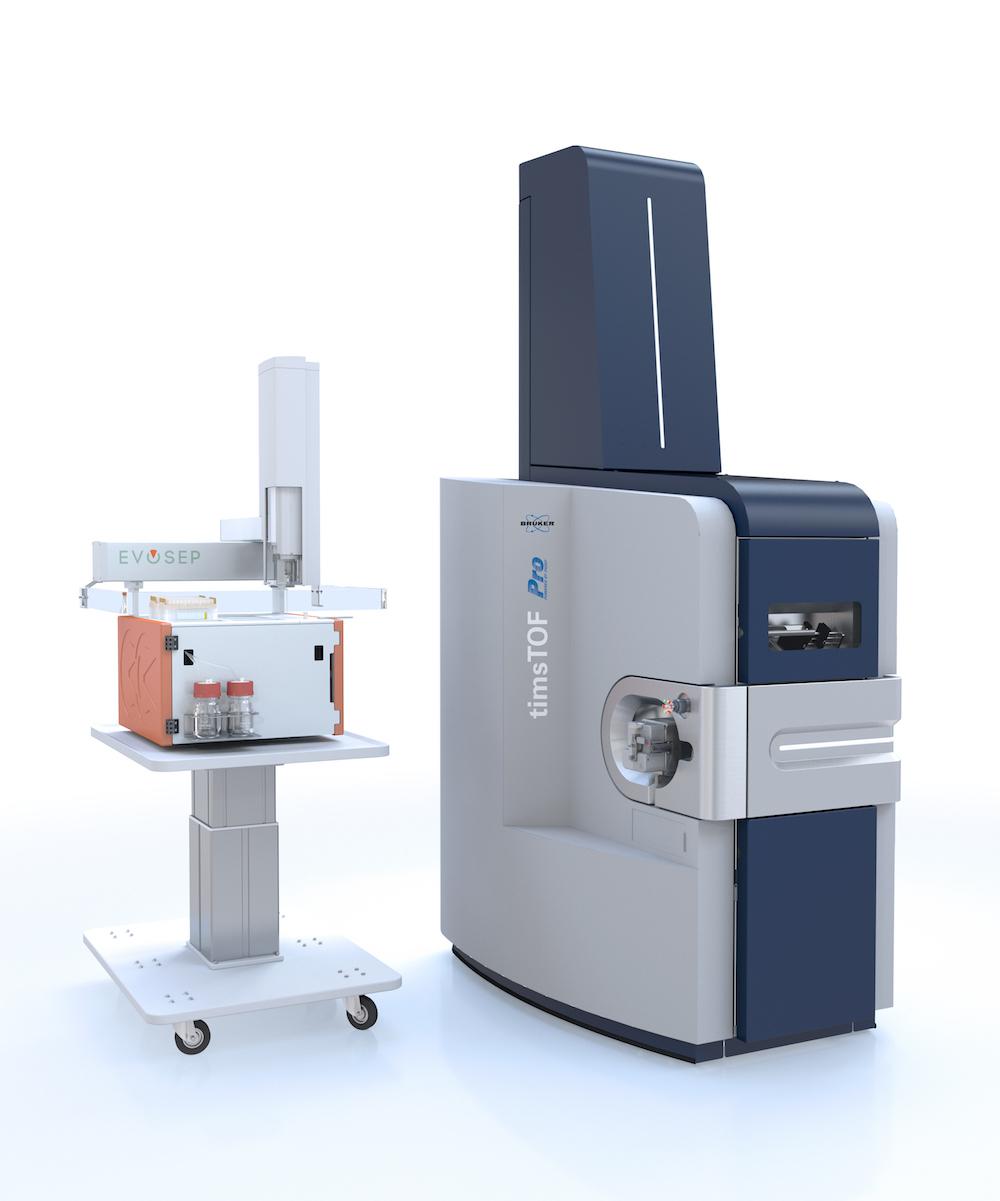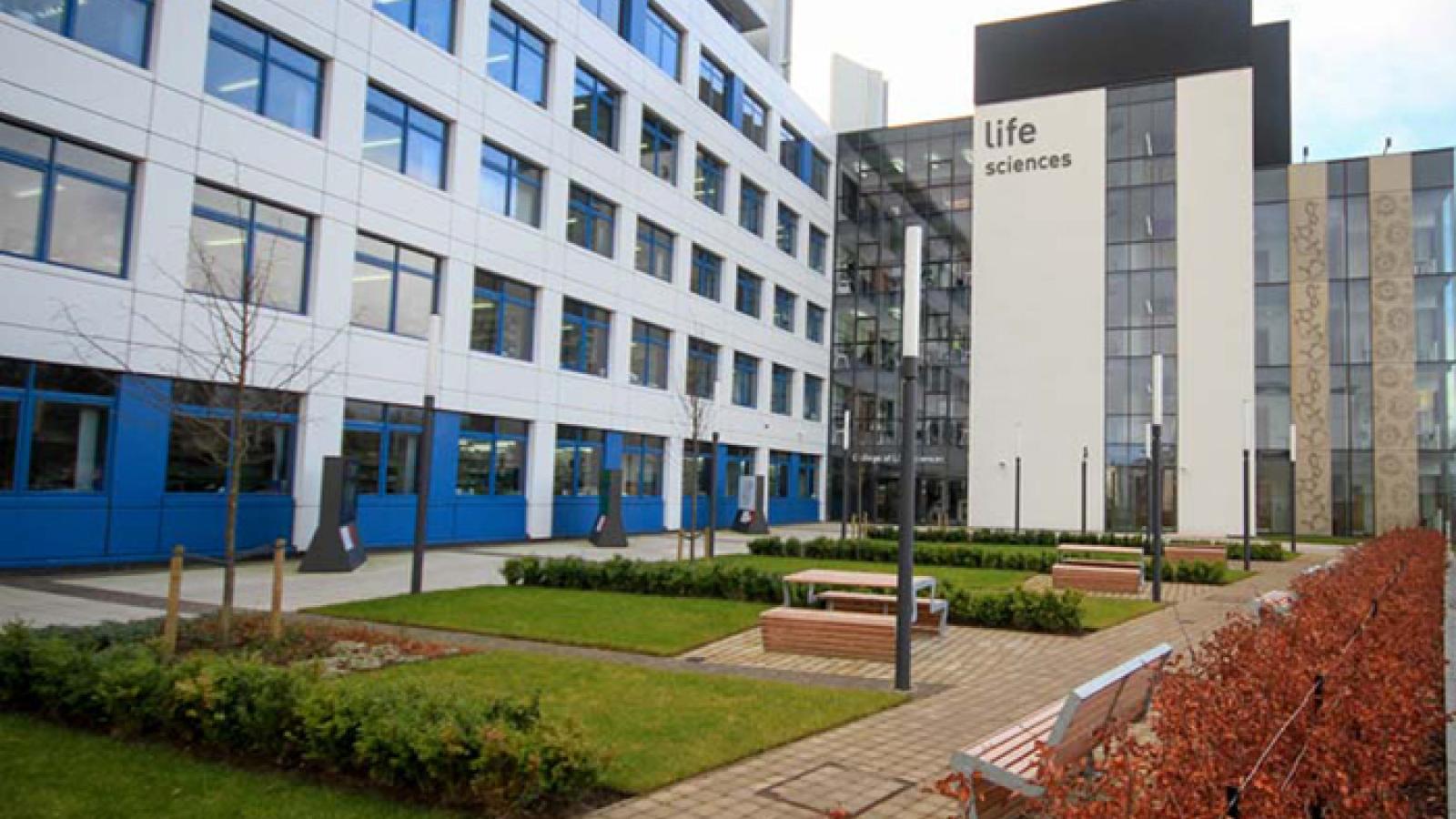A pioneering collaboration between the UK DRI and the Medical Research Council’s Protein Phosphorylation and Ubiquitylation Unit (MRC-PPU) will use the very latest advances in technology to study rare cell populations and the role of proteins in diseases such as Alzheimer’s and Parkinson’s.
It is now widely accepted that a key characteristic of most neurodegenerative diseases is the accumulation of misfolded amyloid beta proteins. This misfolding may begin 15 to 20 years before the first clinical symptoms are observed, but we still know very little about why it happens or precisely what is taking place at a cellular level.
We plan to embark on several years of pioneering work to chart the initial phases of this disease.Prof Bart De StrooperUK DRI Director
Despite recent progress in the study of cell types in specific brain regions using single cell RNA sequencing, the correlation between a cell’s gene transcript and its protein expression remains poorly understood. This is in part because quantitative proteomics has not been possible in rare cell populations.
This new collaboration aims to address this with cutting-edge new technology: laser microdissection equipment based at the UK DRI at UCL, and state-of-the-art, fully automated and highly sensitive quantitative mass spectrometry based in the MRC-PPU in Dundee. By enabling the in-depth study of samples from specific brain regions, this new experimental setup will enable us to add valuable spatial information to proteomics data, which will in turn help us to understand how cell proteomes are altered during disease development.
The UK DRI and the Medical Research Council have each awarded £500,000 to the project.
Ultimately, it is hoped that this technology will greatly improve our understanding of these complex diseases and may identify new targets and strategies for drug development.
Dr Andy Howden, based in the Division of Cell Signalling and Immunology within the School of Life Sciences at the University of Dundee, will work alongside Professor Dario Alessi, Associate Member of UK DRI at Edinburgh, based at the MRC-PPU, and UK DRI Director Professor Bart De Strooper, to establish the platform.
Professor Bart De Strooper, commented:
“I am very pleased to be collaborating with the University of Dundee and the Medical Research Council’s unit there to establish cutting edge proteomics technology. These techniques are at the very forefront of what is possible now to analyse the protein changes associated with the early phases of Alzheimer’s disease. We plan to embark on several years of pioneering work to chart the initial phases of this disease.”

One of the new platforms to be used in the collaboration, the timsTOF Pro uses the Parallel Accumulation Serial Fragmentation (PASEF) acquisition method to provide extremely high speed
Article published: 24 February 2020
